ACTIVITIES
KEY ESSENTIAL FOUNDATIONAL ELEMENTS
|
|
SUN ... WHERE ALL ENERGY (PAST AND PRESENT) COMES FROM!
|

|
The sun is a lot more than a pretty romantic sight ... the sun is the source of all energy and, without it, life as we understand it, would not be able to exist on planet earth. In addition, the energy sources that have been very important to power the industrial revolution and sustain the modern economy, are essentially fossilized energy from ages past. There is good reason to worship the sun!
|
|
NATURE IS THE FOUNDATION FOR EVERYTHING
|
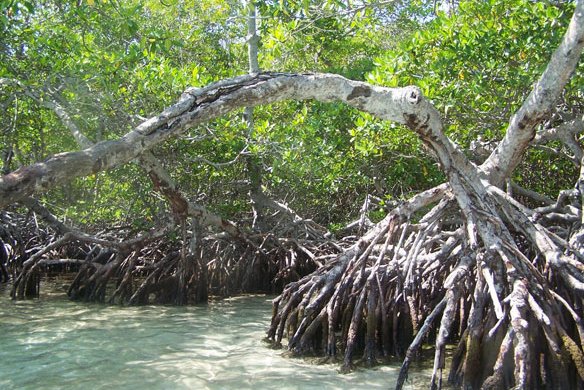
|
Mangrove is generally not given high economic value. It is not well suited to shorefront development and tourism. But mangrove is an essential part of the life-cycle of many species of fish and seafood. Without mangrove there would be few fish in the sea! Without the sun, the planet would be cold and life as we know it would not exist. Ecosystems keep the world clean ... and can't keep up!
|
|
NATURAL RESOURCES ... MINING FOR MINERALS AND ENERGY
|
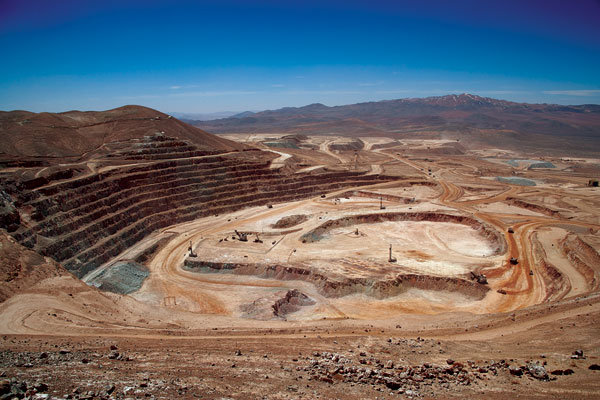
|
Mining ... the extraction of minerals and fossil fuel energy is the start of the life cycle of many, if not most, of the products people consume to support their quality of life. The industrial revolution was enabled by coal and iron ore, and then oil and bauxite and all sorts of other resources that occur in the natural world.
|
|
TRADE AND COMMERCE ... SUPPLY CHAIN AND LOGISTICS
|
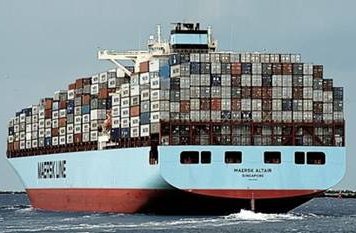
|
Trade is mechanism that optimises econonomic performance. In aggregate trade improves economic benefit, though a big win for one group is usually offset by a loss (usually smaller) for another group. When profit is essentially the only metric that matters, society is likely to be a loser. History makes this very clear!
|
|
INDUSTRIAL PRODUCTION
|
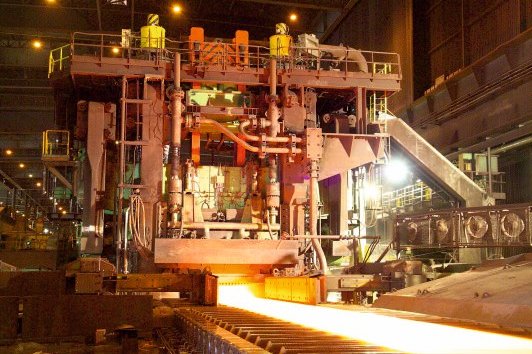
|
Industrial production is very very productive. Production is is no longer a limiting factor. The world has the economic capacity to produce more goods and services than people need, though many people do not have the money to buy the goods that they really need. The world is a surplus world, not a shortage world in economic terms.
|
|
AGRICULTURAL PRODUCTION
|
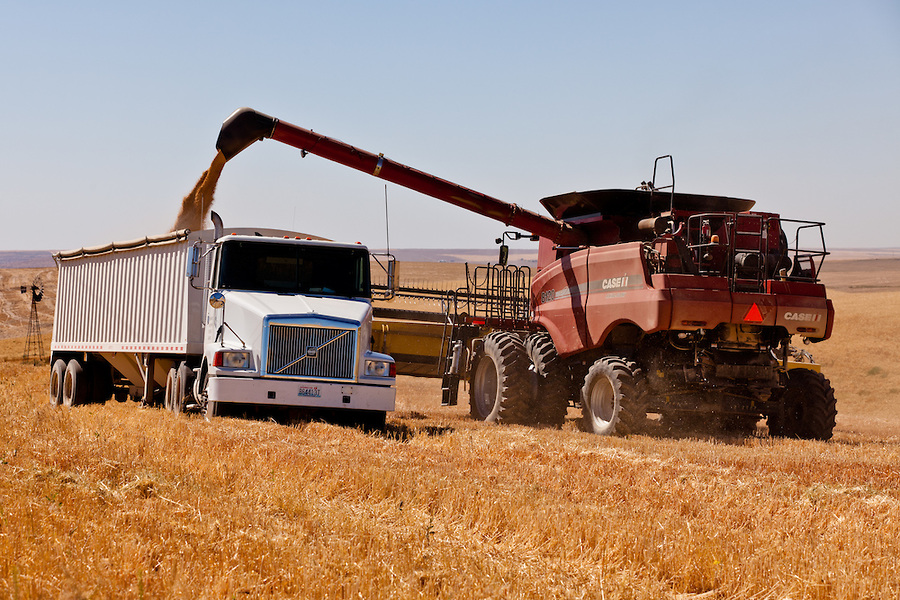
|
Much of agricultural production has been industrialised and productivity increased substzntially compared to long ago. There has been a huge increase in the use of chemical fertilizers, herbicides and pesticides, many of which have bad impacts on people and animals. There has also been a trend towards monoculture which has resulted in a degradation of the soil and increased reliance on chemical fertilizers.
|
|
USE ... CONSUMPTION
|

|
Consumption of products is the basis for quality of life. There is a strong correlation between consumption and quality of life as an individual goes from being very poor to reasonably well-off. Beyond a certain point, more and more, does little to improve quality of life. In some cases, more and more becomes a burden! Other factors become more important!
|
|
POST USE WASTE CHAIN
|
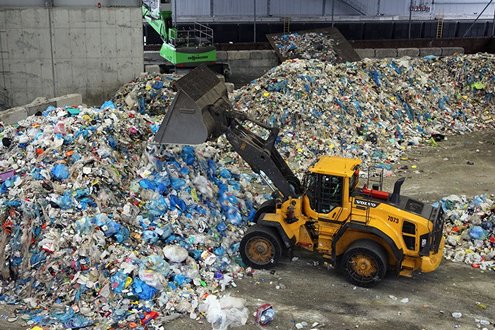
|
The modern economy flows almost as much waste as it flows useful product that gets consumed. This has been enabled by economic costing that ignores social and environmental costs. Waste is a cost that is born by society and the environment, and not included in conventional financial accounting. This is wrong and essentially silly!
|
|
RECYCLE - REUSE / ENABLE THE CIRCULAR ECONOMY
|
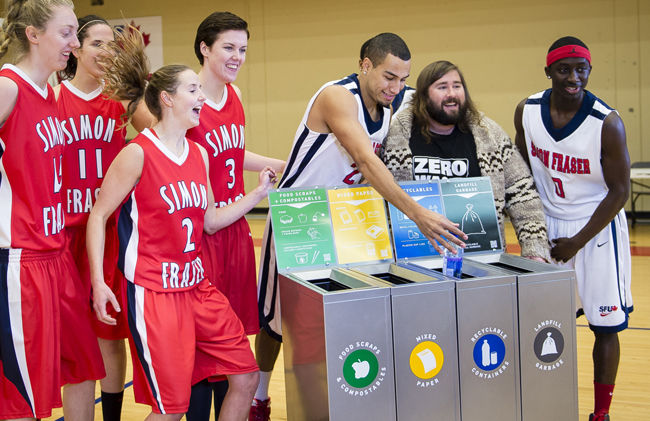
|
Modern technology has much of what is needed for a very much more efficient socio-enviro-economic system. As long as investment flows are driven only by economic profit performance, the key technologies will never be deployed, but with metrics for social impact and environmental impact as well as economic (profit) impact, everything can change.
|
|









